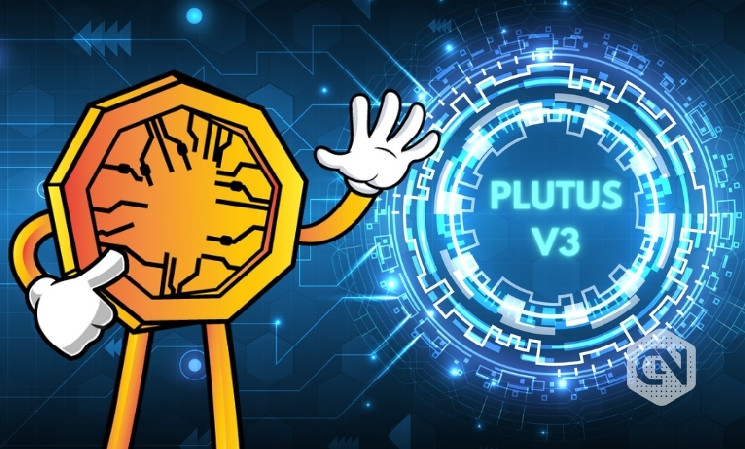Plutus V3 is live on SanchoNet. The team has launched it with advanced Plutus primitives and more tools for Cardano developers who want to write smart contracts. The overall goal is to support functions related to governance and voting. Furthermore, Plutus V3 supports interoperability between blockchains and improves the adoption rate of smart contracts. Input Output Global has been working on this in collaboration with MLabs.
Plutus V3 works in the background to ensure developers have all the industry standard tools at their disposal. It builds on the Valentine upgrade, which added support for SECP elliptic curves.
A feature of Plutus V3 is Sums of Products. The introduction of these features helps save on the size and cost of scripting. It is a way of encoding data types that makes scripts more efficient compared to Scott encoding. It is also intended to improve code generation for native compilers. Sums of Products provide the ability to execute programs 30% faster by streamlining operations and supporting the rapid execution of smart contracts.
New cryptographic primitives build on the foundation that allows an interpreter to provide an optimized implementation that is specific to a system at the time the script is executed. The three built-in primitives are BLS12-381, Blake2b-224 and Keccak-256.
BLS12-381 opens the doors for Mithril integration and smooth sidechain-specific implementation. BLS12-381, defined as a curved pair, comes with 17 primitives to support the cryptographic curves. Blake2b-224 adds to Cardano’s versatility by extending a support arm to community projects. Keccak-256 produces 256-bit hash values to support Ethereum signature verification within scripts.
Bitwise primitives tend to help developers provide robust capabilities for low-level bit manipulations. Its features include performance improvement, cryptographic support, efficient algorithms, integer string conversions, and efficient data structures.
Two bitwise primitives expected to be included in the Plutus upgrade are integerToByteString and byteStringToInteger. Other primitives will be added eventually, with no timeline made public as of now.
Aspects that have been prioritized under Plutus V3 are throughput, performance, capabilities of the platform and the size of the smart contract. They hope to make it easy for the team to transition from Ethereum and lead the expansion of the Cardano ecosystem.
The announcement has done its part for ADA, the native token of the Cardano ecosystem. At the time of writing this article, it is up 3.59% in the last 24 hours. ADA is exchanging hands at $0.557, which further reflects an increase of 13.295 in the last 7 days and 0.955 in the last 30 days.
The announcement comes days after IOG disclosed its strategic investment in Blockfrost. It was defined as a shared commitment to decentralize and develop the Cardano infrastructure. Blockfrost was chosen because it has become an important part of the Cardano ecosystem over time. Moreover, it plays an important role for developers to leverage cost-efficiency while developing their applications.

